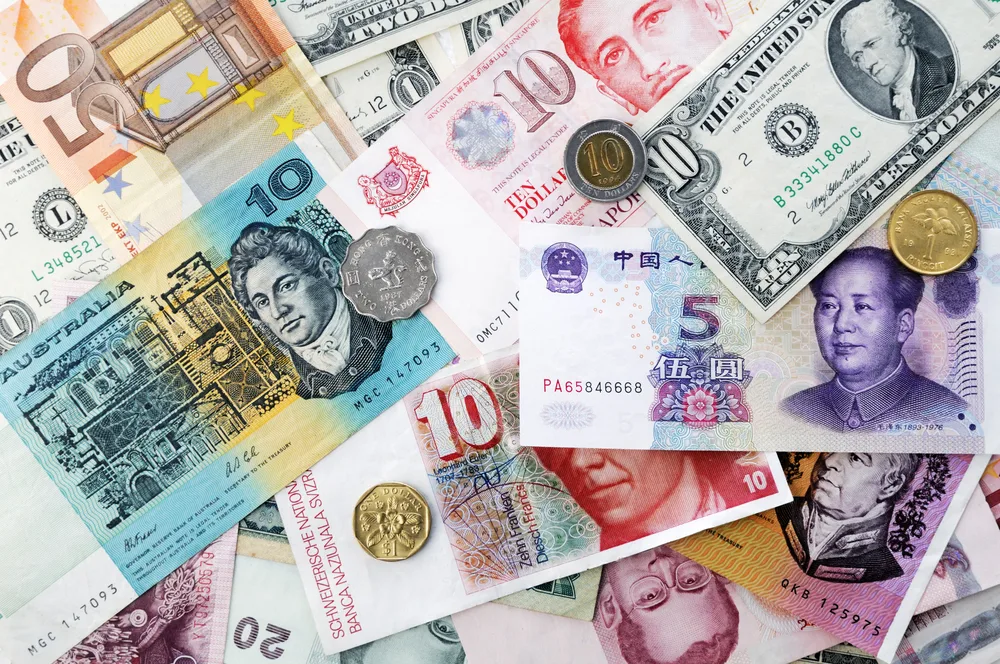Thailand’s Crypto Legal Landscape in 2025: A New Phase of Regulation and Growth
December 11, 2024

Introduction: Legal Today, Changing Tomorrow?
Thailand has been something of a regional case study when it comes to balancing innovation and oversight in crypto regulation. As we move deeper into 2025, the country’s approach to digital assets has grown more structured—but also more selective. If you’ve been asking, “Is crypto trading legal in Thailand?” the answer today is yes, but the real story lies in how that legality is evolving.
Let’s take a look at how Thailand’s crypto laws have shifted—and where the trends are pointing next.
Trend 1: Is Crypto Trading Legal in Thailand? Legal, But Conditional—The Rise of Regulated Platforms
Thailand has allowed legal crypto trading since 2018 under the Digital Asset Business Emergency Decree, but with a strong emphasis on registration and compliance. In 2025, this trend has continued to mature. Exchanges such as Bitkub, Binance Thailand, and (pending recovery) Zipmex have gained regulatory backing, making them trusted avenues for traders and investors.
At the same time, the Thai Securities and Exchange Commission (SEC) has been actively refining the definition of a compliant exchange—tightening licensing rules and boosting transparency requirements.
The takeaway? Thailand wants crypto—just not the wild kind.

Credit from : Tokenist
Trend 2: Is Crypto Trading Legal in Thailand? Declining Tolerance for Unlicensed Activity
While legal exchanges are thriving, tolerance for anything unlicensed is rapidly shrinking. Over the past 18 months, Thai regulators have ramped up enforcement against:
- Foreign exchanges operating without local licenses
- Unapproved token offerings
- P2P platforms that bypass identity checks
This trend aligns with a regional shift: many Southeast Asian regulators are stepping in to localize control over global crypto operations. Thailand is no exception—and it’s likely that enforcement will increase even further in 2026.

Trend 3: Payment Ban Still Holds—But Could Be Revisited
Since 2022, Thailand has prohibited using cryptocurrencies to pay for goods or services. The official justification was volatility, consumer protection, and macroeconomic stability.
That restriction hasn’t changed—but what’s interesting is the growing pressure from Web3 businesses and fintech innovators pushing for some kind of middle ground. Whether that comes through stablecoins, CBDCs, or sandboxed payment trials remains unclear, but the policy may face reevaluation if economic innovation becomes a bigger national priority.
For now, though, crypto remains an investment asset—not a currency—in Thailand’s legal framework.

Trend 4: Regulation Gets Smarter in 2025
The SEC’s regulatory toolkit has expanded in 2025. These changes may not make headlines every day, but they quietly signal a deeper institutional understanding of crypto’s risks:
- Token listings now require stricter justification and disclosures
- Exchanges must report reserves and manage liquidity more transparently
- KYC procedures have intensified, especially for cross-border users
These trends point toward a future where regulatory sophistication could become Thailand’s competitive edge. Rather than banning crypto, the government is building a rulebook to let innovation grow in safer lanes.

Trend 5: Taxation Still in a Grey Zone, But Being Watched
Thailand’s official stance imposes a 15% capital gains tax on crypto profits. Enforcement, however, remains inconsistent—and that inconsistency has led to confusion among both local and foreign traders.
But here’s what’s shifting: The Revenue Department has started investing in tracking tools and data-sharing with exchanges. While 2025 hasn’t brought a tax crackdown yet, signs suggest a firmer grip is coming soon.
Our trend forecast: Expect clearer tax collection mechanisms by 2026—especially as Thailand looks for post-pandemic revenue sources.
Trend 6: Thailand’s Global Position—Cautious, but Forward-Looking
Compared to neighboring countries, Thailand strikes a middle ground: it doesn’t fully embrace crypto like El Salvador or Hong Kong, nor does it clamp down as hard as China.
- It’s open to a Central Bank Digital Currency (CBDC), now in pilot stages
- It’s laying foundations for Web3 entrepreneurship, provided businesses register
- It continues to block unlicensed platforms, particularly those associated with scams, volatility, or illegal fundraising
In short, Thailand is becoming more selective—but not anti-crypto. That trend is likely to continue, especially if consumer interest stays high.

Credit from : Elliptic
Conclusion: Is Crypto Trading Legal in Thailand? Yes—for Now, and Likely Tomorrow
Yes, crypto trading is legal in Thailand in 2025—but what that means in practice is constantly evolving. Traders, investors, and builders must stay ahead of legal shifts, platform restrictions, and the increasing sophistication of regulation.
The key trend to watch? Conditional permission. Thailand is building a digital asset economy that works with the law, not around it.
For now, if you’re using licensed exchanges, reporting your gains, and avoiding banned activities—you’re on the right side of the law. But don’t get too comfortable: in Thailand, legal today doesn’t always mean legal tomorrow.
